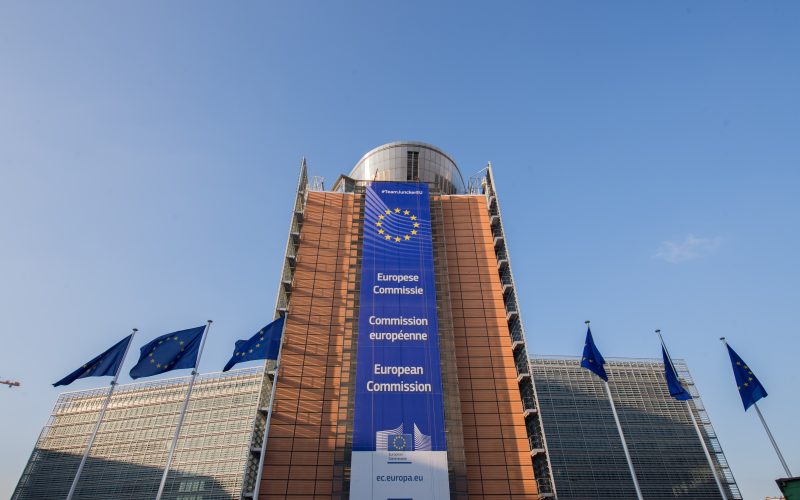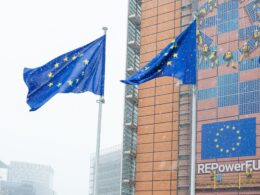The European Union’s forthcoming Clean Industrial Deal, a multi-year strategy to accelerate industrial decarbonisation, will focus on six thematic pillars, according to a senior European Commission official. The plan, expected to be unveiled on 26 February, aims to bolster energy-intensive industries while fostering emerging clean technology sectors.
The six central themes of the strategy will include energy security and prices, financing, recycling and critical raw materials, labour and skills, lead markets, and international action, according to the official, who spoke on condition of anonymity. Another Commission source confirmed these areas.
With energy prices in the EU remaining higher than in other advanced economies, the Commission plans to release an action plan on affordable energy alongside the Clean Industrial Deal. Commission President Ursula von der Leyen, speaking at the World Economic Forum in Davos, highlighted infrastructure modernisation as a key element of the plan.
“We must diversify energy supplies, expand clean generation, mobilise private capital for modernising electricity grids and storage, and better connect low-carbon energy systems,” von der Leyen said.
Financing remains a sensitive issue, as the Commission navigates long-term budget negotiations while addressing expectations for additional support to struggling industries. On recycling and critical raw materials, a Circular Economy Act is planned for next year, aiming to reduce waste and address resource shortages.
Labour and skills will also play a significant role in the strategy. Teresa Ribera, the EU’s climate and competition chief, has emphasised the importance of integrating social policy into the deal.
“Developing the Clean Industrial Deal requires addressing skills, workforce needs, and job opportunities,” Ribera said. She also stressed the need to ensure that European institutions prioritise the social challenges facing citizens alongside business opportunities.
The strategy includes measures to establish lead markets by creating demand for climate-friendly products. This could involve setting quotas or requiring the use of sustainable materials in public procurement. Climate Commissioner Wopke Hoekstra has called for reducing bureaucratic barriers and fostering demand for decarbonised goods.
On the international front, the Clean Industrial Deal will incorporate diplomacy and trade measures to secure value chains and access to raw materials. Ribera has also advocated for the use of mirror clauses in trade agreements, which would require imports to comply with the EU’s strict environmental standards.
“Building a Clean Industrial Deal requires aligning our external policies with our domestic objectives to ensure sustainable trade and investment,” Ribera said.
The Clean Industrial Deal will be a cornerstone of the European Commission’s broader decarbonisation agenda, addressing industrial competitiveness while advancing environmental and social goals. The final details are expected to be unveiled later in February.

















